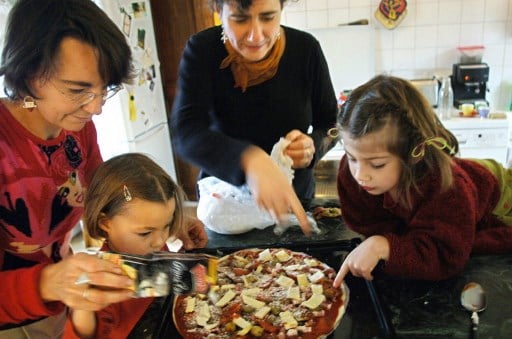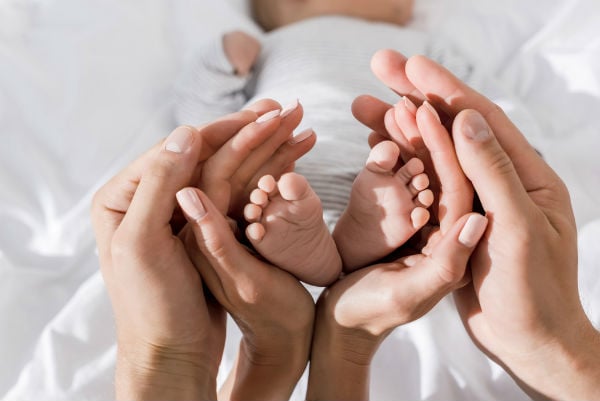Spain's new socialist PSOE government has restored free, public reproductive treatment for lesbians and single women, five years after they were excluded from the scheme by the country’s conservative Popular Party.
The news comes just three weeks after national stats body INE announced that Spain saw more deaths than births in 2017.
Under former Spanish prime minister Mariano Rajoy’s legislation, only couples made up of a man and a woman with one sterile partner were able to access assisted reproductive technologies via Spain's public hospitals.
The decision meant single women and lesbians had to pay an average of around €1,000 ($1,300) for artificial insemination in the private sector, Spain's El País newspaper reported on Wednesday. For in vitro fertilization the cost was around €7,500.

“I don’t believe that there not being a male (in the reproductive process) can be deemed a medical problem,” Health Minister at the time Ana Mató famously said, arguing that the exclusion of lesbians and single women was a simple budgetary cut.
Introduced in 2014, the inequitable measure was rejected by Andalusia, the Basque Country, the Canary Islands and Asturias but remained in place until Pedro Sánchez became Prime Minister last June (some of these regional governments continued to fund the programmes despite opposition from Madrid).
Spain’s Public Opinion and Consumers group FACUA labelled the legislation change as “homophobic and sexist” at the time, whilst ex socialist health spokesperson José Martínez Olmos called the move “ideological” and aimed at excluding couples that weren’t “as God intended”.
By lifting the fertility ban on Friday, Spain’s ruling PSOE sends a clear message of support to the country’s LGBT groups.
In fact Sanchez’s cabinet meeting was deliberately planned to coincide with LGBTI pride celebrations in Madrid.
“Today the misogyny is over,” state secretary for equality Soledad Murillo tweeted.
SEE ALSO: 70,000 doctors to retire in the next decade in ageing Spain
The measure will come into effect in January 2019, government spokeswoman Isabel Celaá said.
The move also offers some renewed hope to demographic experts alarmed by ageing, depopulating Spain.
There were 391,930 births in Spain in 2017, the lowest numbers since 1996, whilst the birth rate hit 8.4 per 1,000 inhabitants, the worst rate in more than 40 years.
FIND OUT: How Spain became the eldorado of fertility treatment





 Please whitelist us to continue reading.
Please whitelist us to continue reading.